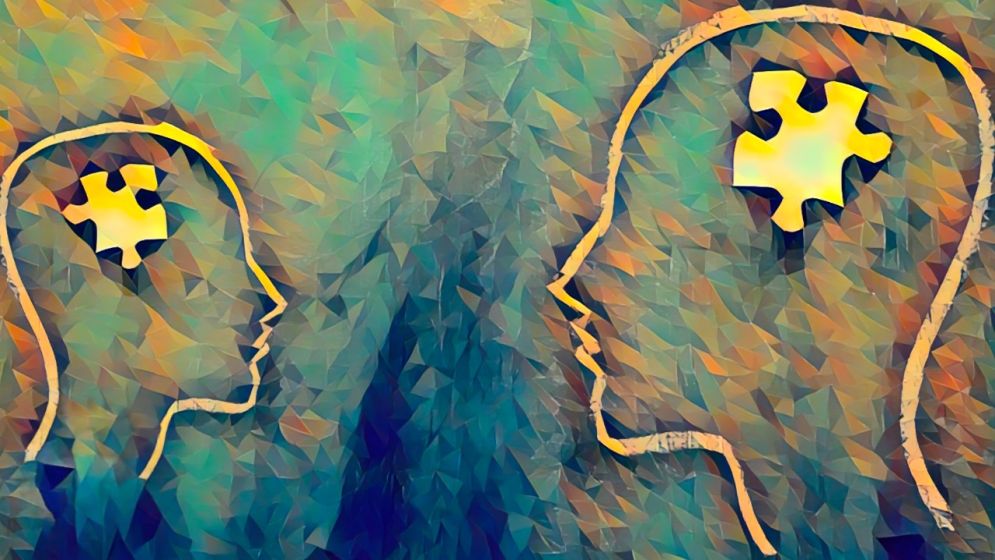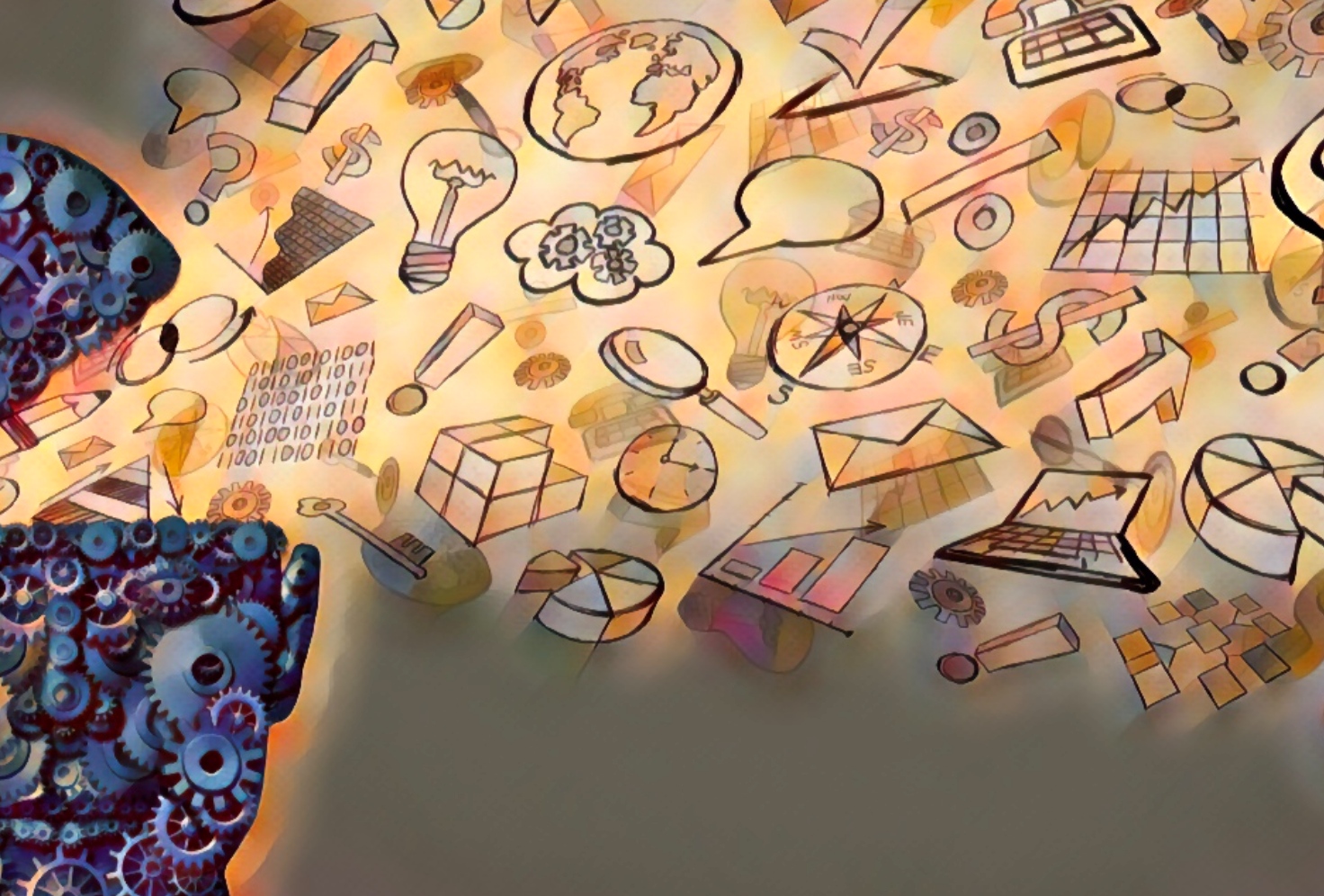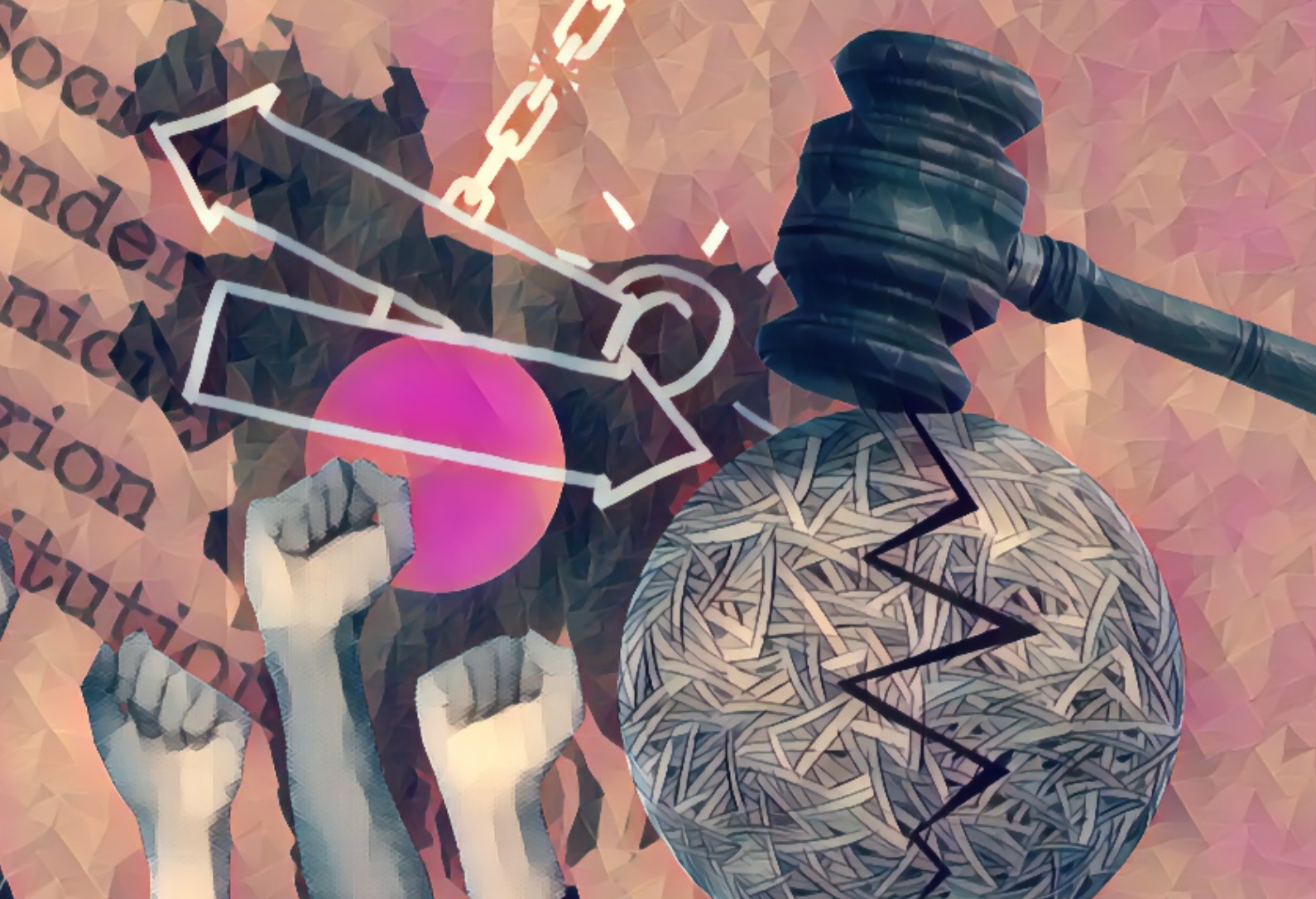The hidden psychology of incompetence: How global power structures keep it alive

In the developing world, incompetence has entrenched itself in the spaces once designed for talent, slowly eroding the potential that should be driving progress.
Meanwhile, in the developed world, a different but equally insidious dynamic unfolds: systems of competence are strategically used to perpetuate incompetence in the global South, allowing it to siphon resources for the benefit of the wealthy few.
These contrasting forces — expertly crafted by the powerful elite — dominate every facet of life, keeping the majority under control.
The old clash with the young, chaos replaces order, machines encroach on human lives, and the pursuit of temporal pleasures undermines spiritual depth.
The global race between competition and cooperation, material gain and self-sacrifice, wealth accumulation and distribution, truth and falsehood — these dilemmas push humanity toward irrational, materialistic goals, where inefficiency has become the norm and order is an afterthought.
The educational models in place today are products of this global power structure, designed not to cultivate virtue or wisdom, but to support the pursuit of economic enormity.
The system we have built forces virtuous talents — individuals with the potential to uplift society — to crash, never to regain their rightful place in the world.
The reincarnation of figures like Confucius, Voltaire, Spinoza, Nelson Mandela, or Mahatma Gandhi — men whose virtues once guided civilizations — seems almost unimaginable.
Instead, we look to the likes of Warren Buffet, Bill Gates, Elon Musk, and Jack Ma, as embodiments of success, not through wisdom, but through economic power.
In today’s world, hard power — financial, political, and military — is exalted, while moral power is dismissed as weakness. This dynamic is not accidental.
It is a deliberate, global trend that needs to be scrutinized: Why is it that in the 21st century, as economic progress accelerates, we see a simultaneous regression in values?
Social norms worldwide are being bent to accommodate the unchecked desires of rampant economic growth.
Unlimited consumption, extreme liberalism driven by biological instincts, a minimal role for government in the economy, and a politics of inevitability — all of these forces are reshaping our world, with power being the new ideal, not virtue.
The result? Cities cater to the rich, laws are enacted to protect the wealth of the few, and leadership is structured in a way that creates a narrow path to power — one that very few will ever tread.
Meanwhile, wealth continues to concentrate in the hands of an ever-smaller elite. This is the machinery that ensures the majority remains subordinate, unable to challenge the power of the few.

How politics, economy, and
media enable failure
The question is not just about the mechanics of this system, but about the psychology behind it: Why does incompetence sail through unchallenged, while wisdom and virtue struggle to find their place?
This is the paradox of our time: a world where the pursuit of economic power leads to the decay of the very values that should define our shared humanity.
The challenge now is to question this narrative, to reclaim the ideals of virtue over wealth, cooperation over competition, and truth over power. Only then can we begin to address the imbalance that continues to shape our world.
The political systems, economic models, leadership structures, and media in the developing world have become powerful tools for fostering incompetence.
Unlike the past, there is a distinct lack of leadership development that prevents the emergence of capable replacements, allowing those who have seized power to perpetuate their rule unchecked.
The growing cult of personality, which elevates leaders to near-divine status, further narrows the space for alternatives, reinforcing the idea that leadership is not to be questioned. This idolization of flawed individuals only degenerates opportunities for real change.
In this environment, the individual is squeezed out in the name of specialization, while fame supplants merit. The truth is obscured by sycophantic praise, lies are repeated so often they become accepted as truth, and incompetence flourishes unchecked.
Leaders, like sheep leading lions, foster a culture of fear that stifles courage and cements a vacuum where wisdom once stood.
The result is a perfect storm for disorder, where politics, education, trade, governance, and media trends all reinforce an environment conducive to incompetence.
The global examples are plentiful: Bashar al-Assad’s 24-year grip on Syria, which transformed a once-wealthy nation into a failed state; Donald Trump’s return to power, shaking the foundations of American democracy; Vladimir Putin’s claim to be the lone savior of Russia against Western aggression; and the UK’s prolonged struggle to find leadership that could stabilize the country.
In Bangladesh, the ousted political party now floats aimlessly, unable to find solid ground. These instances illustrate how incompetence is not only tolerated but actively sustained by systems of power.

Building Bangladesh 2.0: A
call for a shift in governance and philosophy
In Bangladesh’s case, decades of incompetence have been nurtured by a political system, an economy, and an educational model that favors a narrow leadership cult and a powerful media machine.
This system keeps capable individuals sidelined, while the incompetent manage to stay afloat. The question, however, is why this dynamic persists: Is it an inevitable byproduct of the global political and economic system that shapes state governance?
Is it the inability of the people to imagine a better alternative, or a defeatist mentality that accepts the rule of the powerful without question? Has colonial-era corruption ingrained inefficiency into the national psyche?
Is the paradoxical relationship between religion and modern politics shifting attention from the good to the corrupt? Or is it the religious practices of the subcontinent that elevate leaders to a divine status, making it taboo to question their authority, regardless of their faults?
The answers may be complex, but one thing is clear: the systems in place today—political, economic, and social—are designed to sustain incompetence, making it difficult for the capable to rise and for progress to take hold.
Whatever answers we may find, one thing is clear: a fundamental shift in the philosophies of life and governance must be made essential for every citizen to create space for efficiency and merit.
As the country transitions from an authoritarian model to a more effective system of governance, the reforms underway must focus on placing the right people in key positions — in parliament, the judiciary, educational institutions, security forces, business, and media.
Only those who are fit and skilled should rise to leadership, actively resisting external pressures to allow incompetence to flourish.
The new generation must be institutionally educated on politics, economics, religion, and leadership, so they are prepared to take charge of the future.
It is crucial to remember that this country was liberated for the second time to build Bangladesh 2.0, one that thrives on the pull of talent, not the push of unskilled loyalty from just the kith and kin of the powerful.
Now is the time to stand on our own merit, create systems that reward ability, and build a nation that truly values competence above all.
—-
Brigadier General (Retd) AF Jaglul Ahmed, ndc, psc, Phd, is a regular contributor in national daily’s

